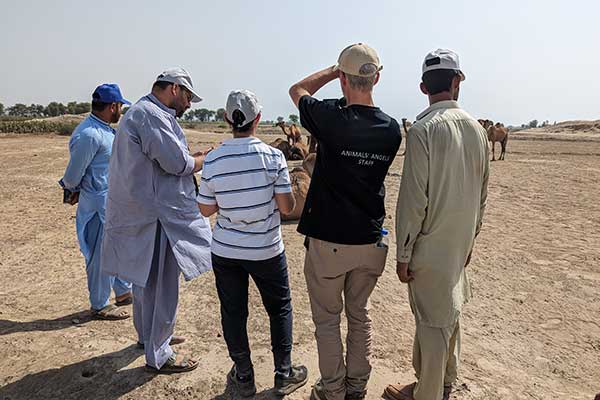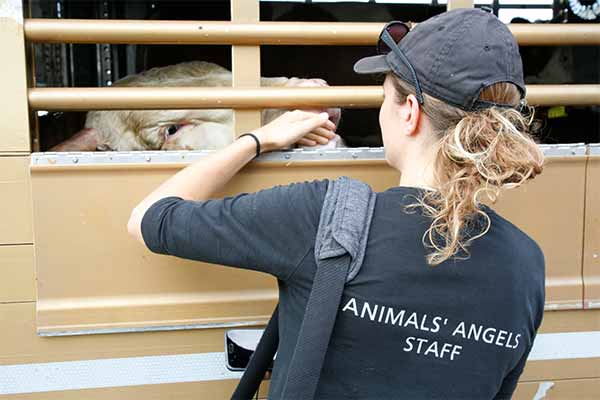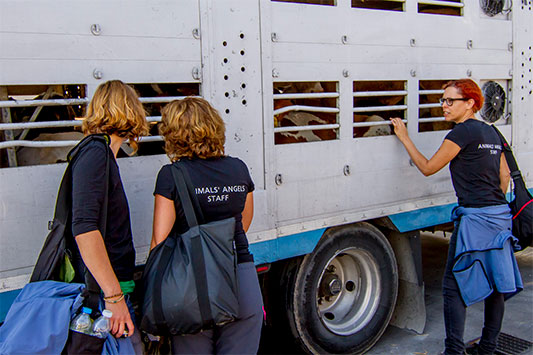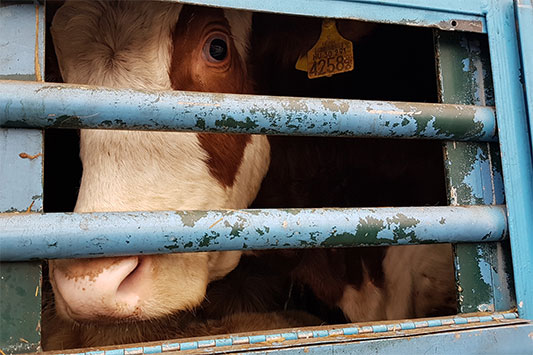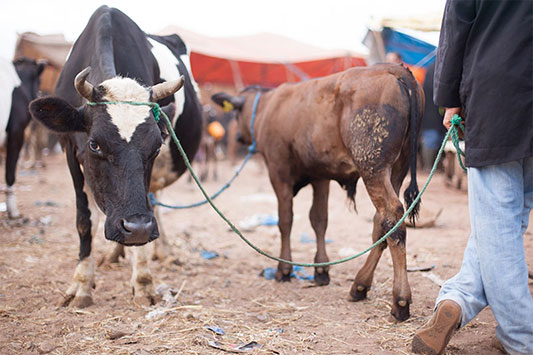Together with camel expert Dr. Barbara Padalino from the University of Bologna, we are collecting scientific data on camel husbandry in Pakistan. We are using this data to further develop our jointly published animal welfare protocol for camels. Our protocol will help improve camel husbandry around the world and advance their welfare. The results will also be published in scientific journals.
There are about one million camels living in Pakistan and we see some of them around Multan, Bahawalpur and Jalalpur and in the desert. The vast majority of camels we see are kept by non-sedentary livestock keepers on the naturally grown grasslands. They are mostly females, while the males are sold to be fattened elsewhere in cramped conditions.
One morning we see the many herds of camels lying side by side - a wide field of camels on the dry earth. Some animals lie sprawled sideways on the ground, not moving, while crow-like birds perch on the camels, pecking at their coats for parasites or insects. Then, one by one, Laila and her friends rise and after a time are taken by the camel owners to their grazing areas.
Some of the herds are quite slow today, so we can examine the animals at length. For our camel expert Barbara Padalino this extensive Pakistani camel husbandry is the best she has seen so far in the Arab countries: The camels can travel long distances during the day, they do not show any behavioral abnormalities (stereotypies) and their food is varied. It is also a pleasure to see that the calves often stay with the mother animal for about a year. In one place there are also roofs built by the government - that is, proper shade for the animals - which unfortunately is far too often the exception. We are especially touched by the majestic grace of the animals when they move one after the other through the desert, stand at a pond or - stretching their necks - eat the leaves of the trees.
On our own, we would not find the remote, wandering herds of camels. So we are grateful to the head of the pastoralists Shah Baig and Professor Ali Raza Abbasi for their contacts with the animal keepers.






